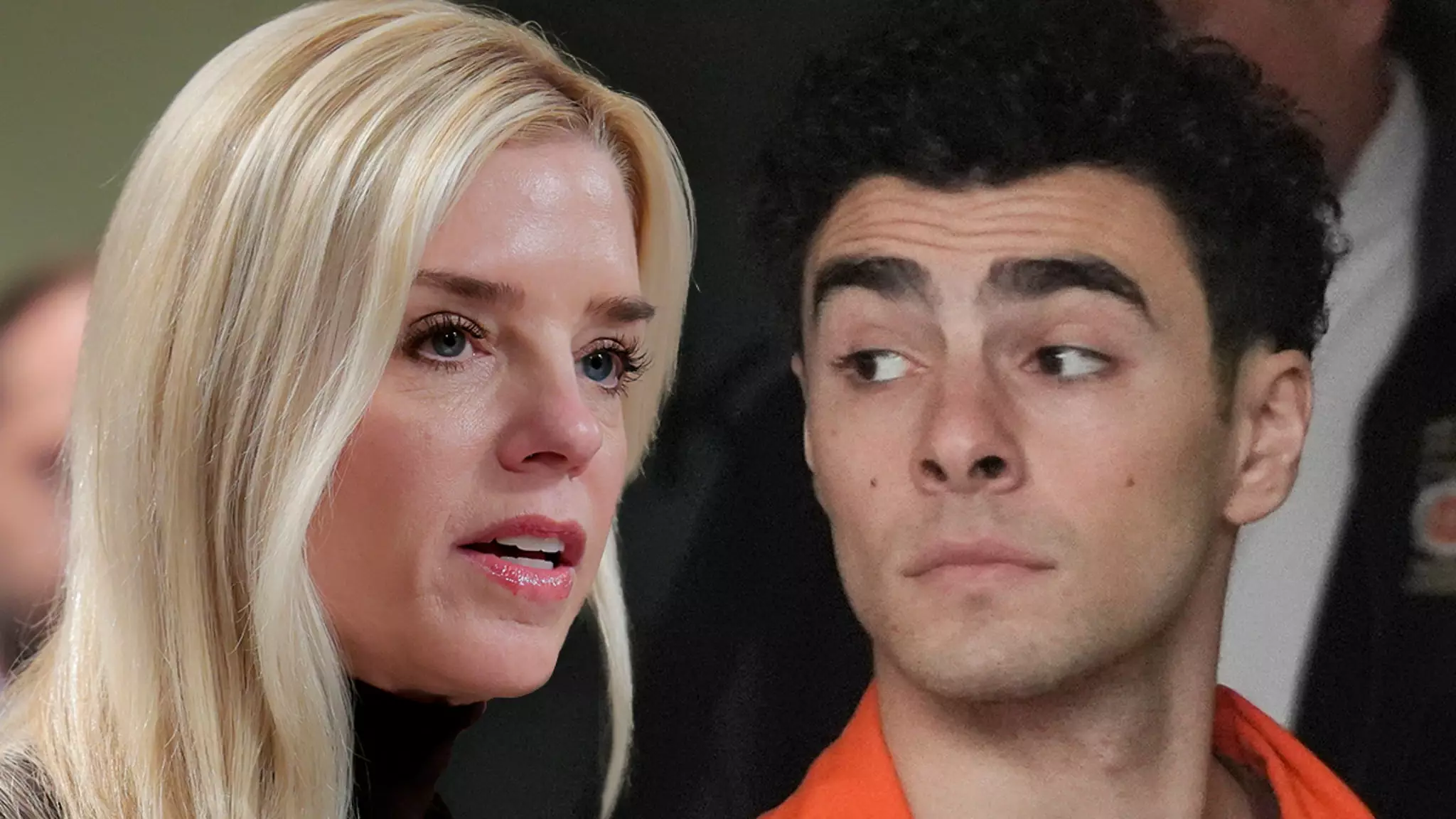In a strikingly tumultuous legal battle, the case of Luigi Mangione has sparked outrage and debate about the limits of justice and the morality of the American judicial system. With U.S. Attorney General Pam Bondi advocating for the death penalty against him, this case illuminates a grim intersection of politics, power, and human life—forcing us to question whether justice is being served or merely weaponized in the name of political agendas.
Luigi Mangione stands accused of the high-profile murder of UnitedHealthcare CEO Brian Thompson, a crime that has shocked the nation. The implications of his alleged actions extend far beyond personal tragedy, reaching into the murky waters of political maneuvering. Accusations from Mangione’s attorney, Karen Agnifilo, assert that prosecuting him to the fullest extent with the death penalty amounts to “state-sponsored murder.” This assertion raises critical questions: Is the Justice Department acting within its legal boundaries, or has it crossed the line into barbarism?
Political Games and Legal Warfare
The courtroom has become a theater for legal spectacle, where the stakes couldn’t be higher. Agnifilo’s characterization of Mangione’s plight as a “high-stakes game” is both poignant and chilling—it captures the dysfunctional interplay between local, state, and federal offices as they jockey for power at the expense of individual lives. Mangione is not just facing charges; he is caught in a web of political posturing that threatens to obliterate his future. This duality of law and politics in a single case introduces a moral complexity that echoes throughout the country.
With various state and federal charges hovering over him—including murder, firearm possession, and forgery—it becomes clear that Mangione’s fate hinges less on the pursuit of justice and more on a battleground riddled with bureaucratic corruption and rivalry. The stark reality that his alleged actions have led to a chaotic legal entanglement only intensifies the public scrutiny that surrounds his case.
The Public’s Role in a High-Stakes Showdown
The public reaction to Mangione’s hearings speaks volumes about societal perspectives on crime and punishment. Crowds of supporters rally outside courthouses in New York, showcasing both the divisive nature of the case and the emotional investment from the public. This phenomenon highlights an essential contemporary truth: in an era when social media and public opinion play significant roles in shaping perceptions of justice, the case of Mangione has transformed from a singular tragedy to a collective medley of outrage, empathy, and judgment.
As the administration of justice veers towards what feels like a political spectacle, one must consider the responsibilities of those involved. Is this truly about protecting society from violent crime, or has it devolved into a quest for political capital? The very fact that the pursuit of the death penalty aligns with President Trump’s broader agenda raises eyebrows and questions about the real motivations driving this case.
In a nation grappling with its own moral fabric, the case of Luigi Mangione stands as a disturbing reflection of the broader issues plaguing the American justice system today. As the drama unfolds, it underscores the urgent need for a reevaluation of how we view justice—a need for a system grounded not in vengeance or political gain, but in genuine accountability for all individuals involved.

